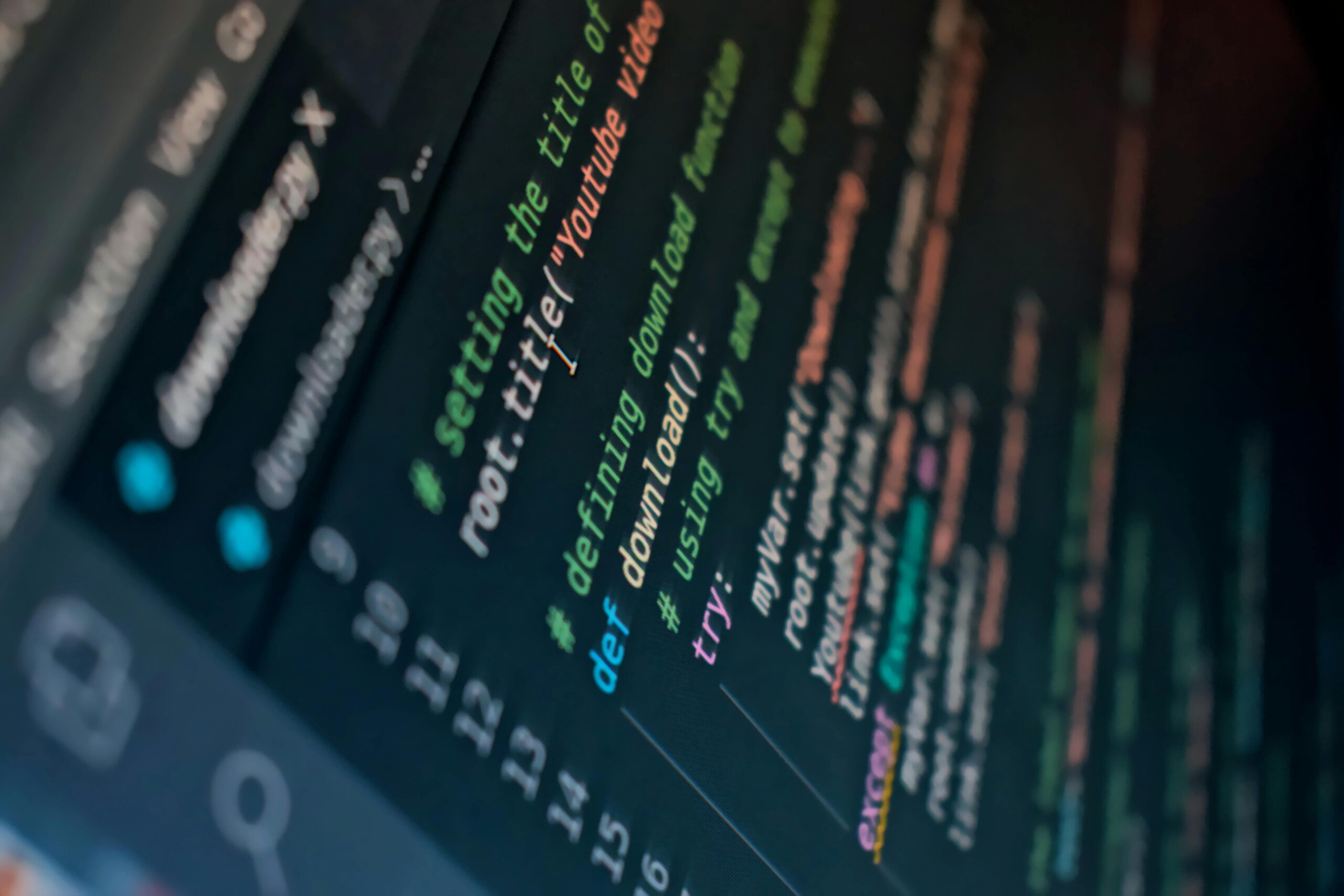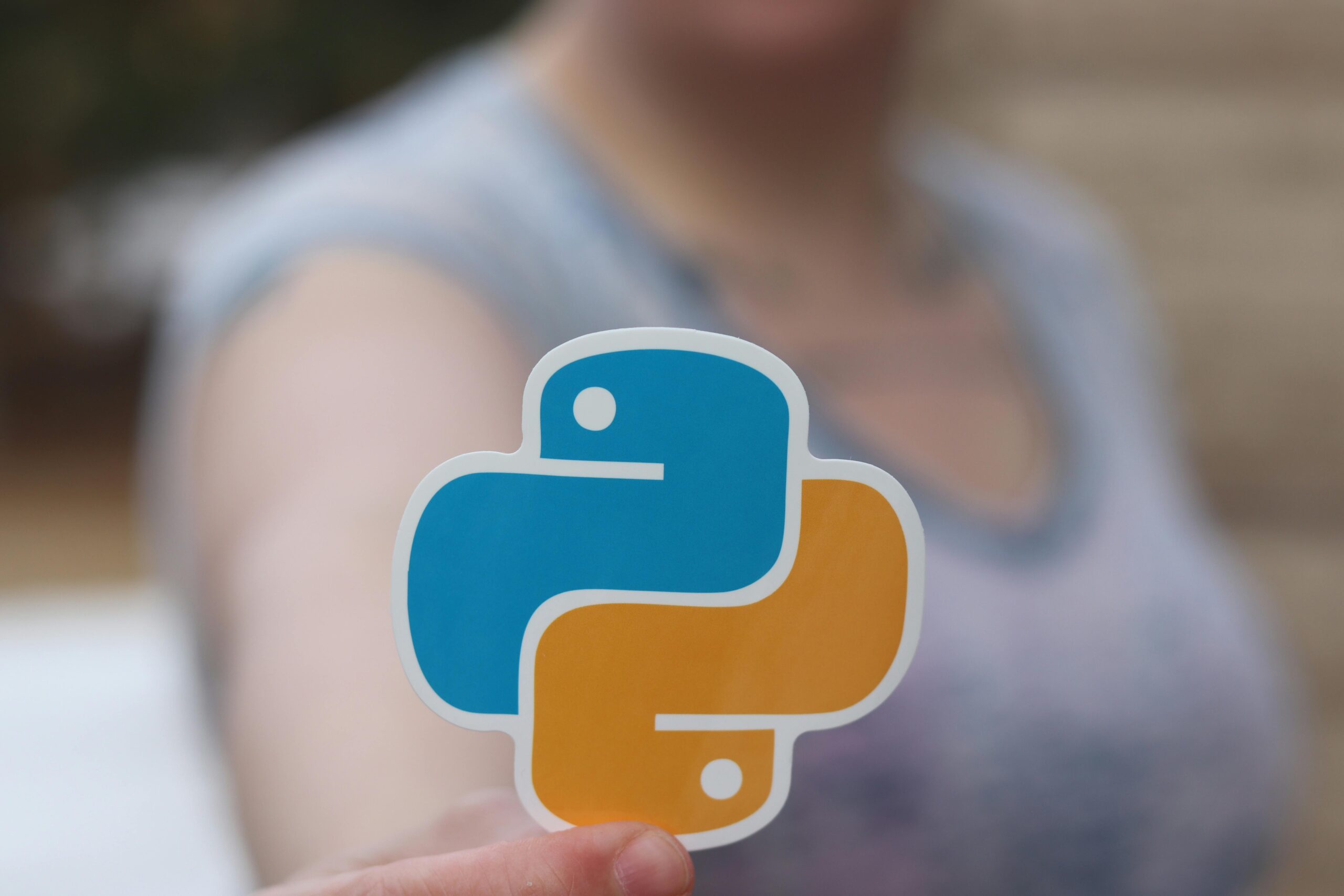Python’s simplicity and versatility make it one of the most popular programming languages today. Whether you’re a beginner or an experienced developer, choosing the right code editor can significantly enhance your productivity and coding experience. With countless options available, finding the perfect editor for Python development can feel overwhelming.
In this blog, we’ll compare the best code editors for Python development, highlighting their features, strengths, and why they might be the right fit for you.
1. Visual Studio Code (VS Code)
Overview:
Visual Studio Code, often referred to as VS Code, is a lightweight yet powerful code editor widely used for Python development. Its popularity stems from its extensive ecosystem of extensions and seamless integration with Python tools.
Key Features:
- Python Extension: Provides linting, debugging, IntelliSense, and more.
- Integrated Terminal: Allows you to run Python scripts directly from the editor.
- Customizability: Themes, extensions, and settings can be tailored to your preferences.
- Git Integration: Simplifies version control and collaboration.
Best For: Developers seeking a versatile, lightweight editor with robust Python support.
2. PyCharm
Overview:
PyCharm, developed by JetBrains, is a dedicated Integrated Development Environment (IDE) for Python. It’s packed with features tailored specifically for Python developers, making it a go-to choice for professional and enterprise projects.
Key Features:
- Code Analysis: Advanced error detection and suggestions for code improvement.
- Debugging Tools: Built-in debugger and testing tools for efficient troubleshooting.
- Database Support: Seamlessly integrates with databases for backend development.
- Framework Support: Excellent support for Django, Flask, and other Python frameworks.
Best For: Developers working on large-scale projects or requiring advanced features.
3. Sublime Text
Overview:
Sublime Text is a lightweight and fast code editor known for its simplicity and performance. While not Python-specific, it offers plugins and packages that enhance Python development.
Key Features:
- Package Control: Install Python-specific plugins like Anaconda and PyLinter.
- Snippets: Create and use code snippets to speed up development.
- Distraction-Free Mode: Focused coding environment with minimal UI distractions.
Best For: Developers who prefer a minimalist, blazing-fast editor with customizability.
4. Atom
Overview:
Developed by GitHub, Atom is an open-source code editor that offers a clean interface and a wide range of plugins. While not as robust as VS Code or PyCharm, it’s a solid choice for Python developers.
Key Features:
- Python Packages: Plugins like ide-python enhance Python development.
- GitHub Integration: Built-in tools for managing Git repositories.
- Cross-Platform: Works seamlessly on Windows, macOS, and Linux.
Best For: Developers looking for an open-source editor with basic Python functionality.
5. Jupyter Notebook
Overview:
While not a traditional code editor, Jupyter Notebook is a favorite among data scientists and researchers. It allows for an interactive Python coding experience, ideal for testing and visualizing code outputs.
Key Features:
- Interactive Coding: Execute code cells independently and see results instantly.
- Visualization Tools: Integrates with libraries like Matplotlib and Seaborn for data visualization.
- Markdown Support: Combine code, text, and images in a single document.
Best For: Python developers focused on data analysis, machine learning, or teaching.


6. Thonny
Overview:
Thonny is an easy-to-use IDE specifically designed for beginners learning Python. Its simplicity and clean interface make it ideal for those just starting their Python journey.
Key Features:
- Beginner-Friendly Interface: Simplifies the learning curve for Python programming.
- Built-in Debugger: Helps beginners understand code execution step by step.
- Lightweight: Requires minimal system resources, making it accessible on older machines.
Best For: Students and beginners learning Python.
7. Vim
Overview:
Vim is a highly customizable, command-line-based text editor favored by experienced developers. With plugins like vim-python, Vim becomes a powerful tool for Python coding.
Key Features:
- Keyboard-Driven: Focuses on efficient navigation and editing.
- Custom Plugins: Add functionality tailored to Python development.
- Lightweight: Perfect for developers who prefer minimalism.
Best For: Advanced developers comfortable with command-line interfaces.
8. Spyder
Overview:
Designed for data scientists, Spyder is an open-source IDE that combines features of a traditional IDE with tools for scientific computing.
Key Features:
- Variable Explorer: View and manipulate data variables in real-time.
- Integrated IPython Console: Test code interactively.
- Data Visualization: Easily visualize data outputs and plots.
Best For: Data scientists and researchers working on Python-based projects.
Comparison Table
| Code Editor | Best For | Key Strengths |
|---|---|---|
| VS Code | Versatility and lightweight needs | Extensions, Git integration |
| PyCharm | Large-scale and professional projects | Advanced debugging, framework support |
| Sublime Text | Minimalism and speed | Lightweight, customizable |
| Atom | Open-source enthusiasts | GitHub integration, cross-platform |
| Jupyter Notebook | Data analysis and teaching | Interactive coding, visualization |
| Thonny | Python beginners | Simple interface, built-in debugger |
| Vim | Advanced users | Command-line efficiency |
| Spyder | Data science projects | Variable explorer, data tools |
Conclusion
Choosing the right code editor for Python development depends on your experience, project requirements, and personal preferences. While VS Code stands out as a versatile choice for most developers, tools like PyCharm cater to complex projects, and Jupyter Notebook shines in data analysis tasks.
Experiment with these editors to find the one that aligns with your workflow. Regardless of your choice, having the right tools can make Python development not just efficient but also enjoyable.

